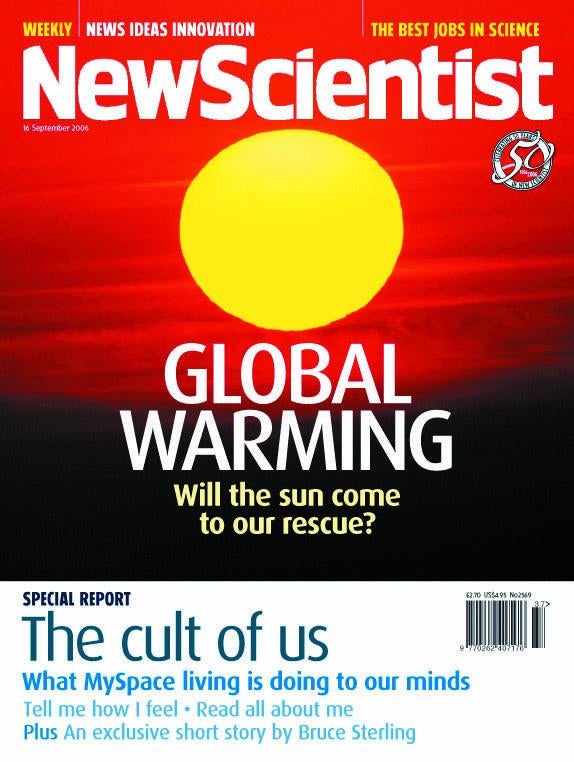
A range of proposals to ‘shore up’ science journalism were set out today in a Government-commissioned report.
One idea is to appoint a national training officer to teach basic science reporting to non-specialist journalists.
The Royal Statistical Society has agreed to create the post of National Co-ordinator for Science Journalism and Training, subject to funding.
The holder will co-ordinate training of editors and non-specialist reporters throughout the media, as well as trainee journalists at universities.
Other recommendations include the establishment of a Science Programming Centre to assist collaboration between scientists and programme makers, a new fellowship scheme to increase the number of people with scientific backgrounds working in journalism, and better training of science press officers.
The report also called for the provision of funding for science investigations at the new Bureau for Investigative Reporting at City University in London.
The Science and Media Expert Group which produced the recommendations urged the Government to set up a National Commission on the Future of Journalism.
Fiona Fox, who chaired the working group set up by the Department for Business Innovation and Skills (Bis), said: “While there is much to celebrate about science in the media today, it was our conclusion that the scientific community and Government need to engage more with the wider crisis in journalism and the impact on the reporting of science in the future.
“The stark message from the US where the media is haemorrhaging their best science reporters is that we must act now to protect the gains we have made in science reporting in recent years.
“We as a society have come to rely on the media to report complex science to a mass audience on some of the most important issues of our times. This report is a call to arms to all those who care about the reporting of science to start thinking creatively about ways to shore up science journalism without undermining its independence.”
Fox is director of the Science Media Centre in London which hosts press conferences and provides expert comments and background information when a major science story hits the headlines.
The report, Science and the Media: Securing the Future, said general problems affecting journalism threaten the quality and independence of science reporting.
Economic and institutional constraints have led to greater workloads for journalists, less time to seek out stories and check facts, and increasing reliance on a limited pool of news sources.
Fox added: “Taken together we believe that the recommendations we have made can make a real difference to the quality of science reporting today and start a much-needed debate about ways to secure the kind of science reporting we all want to see in the future.”
Email pged@pressgazette.co.uk to point out mistakes, provide story tips or send in a letter for publication on our "Letters Page" blog

